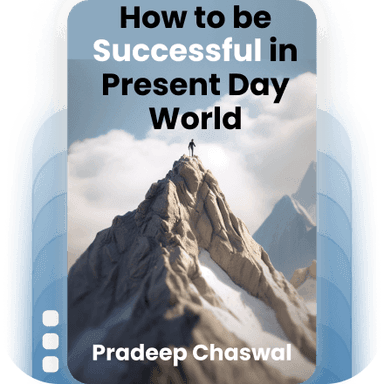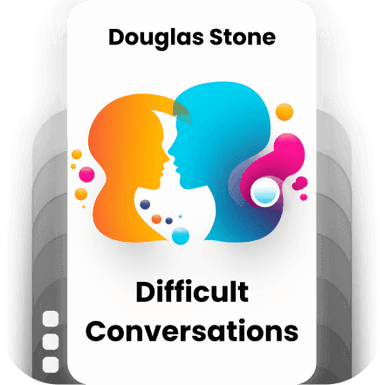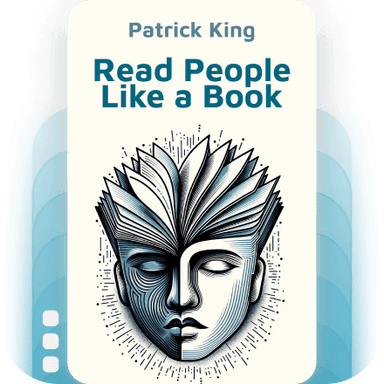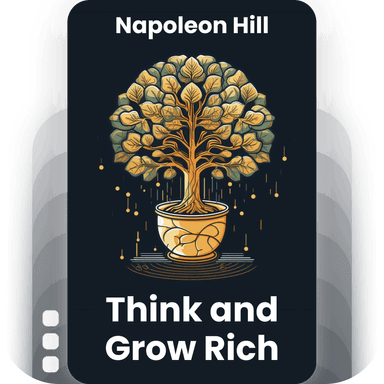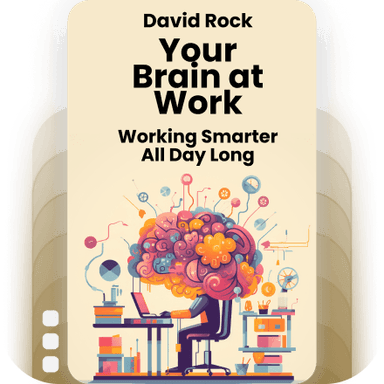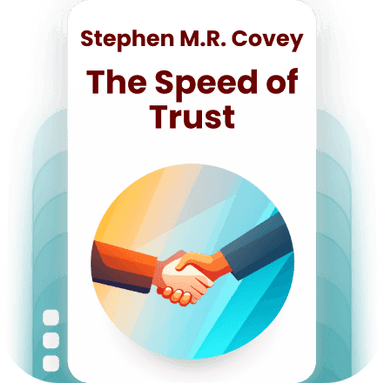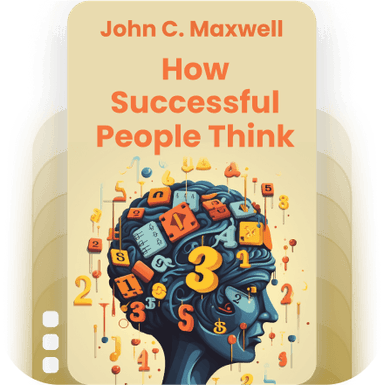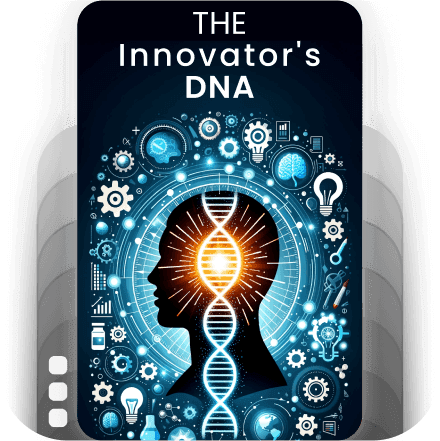
The Innovator's DNA
Jeff Dyer, Hal Gregersen, Clayton M. Christensen
4.8 - 5 ratings
10
List Points
10
Chapters
5
Topics
Description
The main goal of this book is to explore the fundamental traits and behaviors that distinguish successful innovators and entrepreneurs. The authors identify five key skills—associating, questioning, observing, experimenting, and networking—that together form the 'DNA' of disruptive innovation. By examining the practices of some of the world's leading innovators, the book provides actionable insights and practical strategies for fostering creativity and innovation within individuals and organizations, demonstrating how these skills can be systematically developed to drive breakthrough ideas and transformative business success.
What will you learn?
By reading this book, you'll unlock the secrets behind the innovative capabilities of some of the world's most groundbreaking entrepreneurs and leaders. You will delve into the five key discovery skills – associating, questioning, observing, networking, and experimenting – that distinguish true innovators from the rest. Practical insights and real-world examples illustrate how these skills can be developed and harnessed within individuals and organizations to drive creative and impactful solutions, enhancing both personal and professional endeavors in the competitive landscape of the modern world.
Who’s it for?
• Aspiring entrepreneurs
• Innovation managers
• Business leaders and executives
• Product developers
• Business students and academics
Categories
Key Learning
Available chapters to listen for this topic- 1
Understanding the Core of Innovative Thinking
Delve into how creative ideation stems from five key discovery skills—associating, questioning, observing, networking, and experimenting—and their importance in fostering disruptive innovation in individuals and organizations. - 2
Associational Thinking and Its Impact on Innovation
Explore the process of associating, which involves making connections between seemingly unrelated ideas to generate novel concepts, and understand how to cultivate this skill for groundbreaking results. - 3
The Power of Inquisitiveness Through Questioning
Learn the significance of asking catalytic questions that challenge the status quo and encourage deep analysis, leading to innovative solutions and transformational change. - 4
Observational Skills in Identifying New Opportunities
Understand the role of keen observation in recognizing patterns, behaviors, and needs within various environments, and how this practice can highlight areas ripe for innovation. - 5
Networking for Diverse Perspectives and Insights
Investigate the value of building a diverse network of contacts from different fields and backgrounds to gain new insights, perspectives, and collaborative opportunities that fuel innovation. - 6
The Experimentation Process in Refining Ideas
Comprehend the importance of experimentation as a hands-on approach to test hypotheses, iterate on ideas, and learn through failure, ultimately refining innovative solutions. - 7
The DNA of Disruptive Innovators
Examine the common traits and behaviors of successful disruptive innovators across different industries, and how their innate curiosity and willingness to explore drive their success. - 8
Building Organizational Innovation Capabilities
Discover strategies for organizations to foster an innovative culture and integrate the five discovery skills into their processes and structures to maintain a competitive edge. - 9
Practical Tools and Techniques to Strengthen Innovation Skills
Access a suite of practical tools, exercises, and techniques designed to help individuals and teams develop and enhance their innovation capabilities systematically. - 10
Case Studies of Leading Innovators and Companies
Analyze detailed case studies of leading innovators and organizations, highlighting practical examples of how the application of discovery skills has led to successful and transformative innovation.
